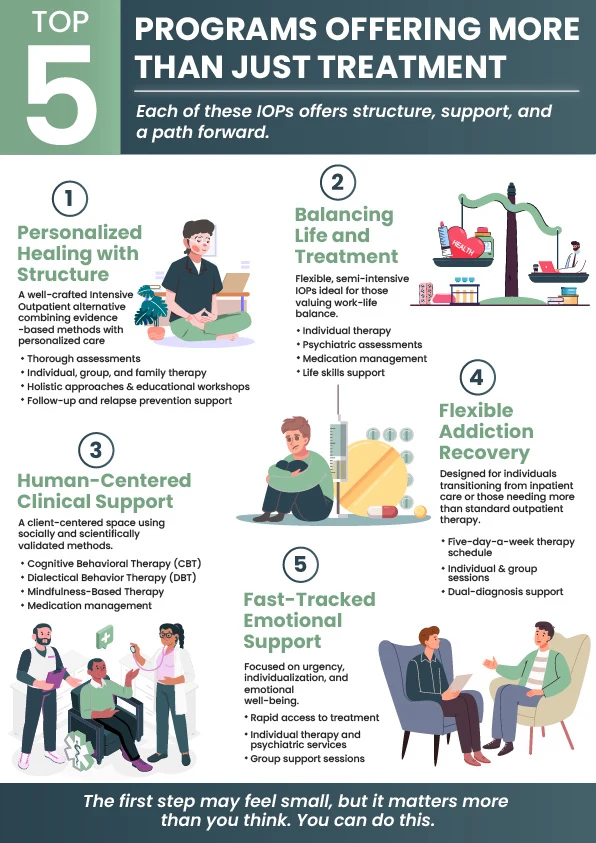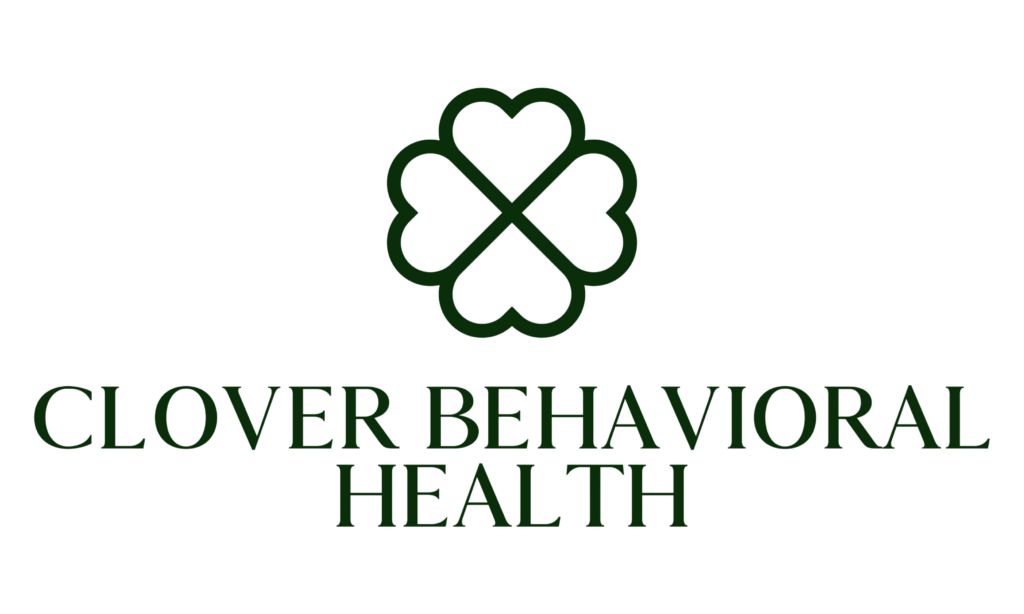Finding Hope in Chelmsford
There’s something quietly brave about walking through the door of a mental health clinic. For many people in Chelmsford, that first step – making a phone call, filling in a form, or turning up for an appointment – is the beginning of reclaiming a life that depression, trauma, or other problems have made heavy.
This article looks at how the local outpatient services clinics for mental health in and around Chelmsford are helping people cope, heal, and find a way forward. I’ll share how the services work day-to-day, who they help, and what the statistics say about need and access.
Why Outpatient Care Matters
Outpatient mental health clinics are the places most of us visit first when we need help with mental health. They’re not hospitals; instead, they offer therapy, assessments, medication reviews, crisis support, group work, and practical tasks like help getting back to work or school.
For people with mild to moderate anxiety and depression, or for those stepping down from inpatient care, outpatient teams are where recovery happens in the real world: at home, at work, and among family and friends.
Across England, NHS Talking Therapies (formerly IAPT) reaches a lot of people who need support for depression and anxiety. Most people are seen quickly, which matters when someone’s struggling and needs help straight away. Recent NHS data shows that the vast majority of people referred to Talking Therapies were seen within six weeks.
The Scale of Need and Why It’s Growing
Mental health needs aren’t small. National surveys and public health briefings show common mental disorders like anxiety and depression affect a large slice of the population. One long-running parliamentary briefing summarises that common mental disorders remain widespread and that younger people and women are particularly affected.
On top of this, the Mental Health Act statistics remind us that severe crises still occur: tens of thousands of new detentions are recorded each year, underscoring that some people reach points of very serious risk before or during contact with services.
Locally, Essex has faced serious scrutiny in recent years over care failings, and there is an ongoing public inquiry into many deaths linked to mental health services across the county. That painful history has brought attention to the need for safer, better-resourced, and more compassionate local services. The inquiry has been an important public reminder that services must be accountable, transparent, and centred on keeping people safe.
Access and Waiting, The Good and The Gaps
There’s good news in recent national figures: a large share of people referred to NHS Talking Therapies are now seen within the recommended six-week window, which makes a real difference to outcomes. But local experience can vary, and the demand for services is high. Waiting times, capacity, and staff shortages remain challenges in many areas, and the picture can feel different depending on the team you’re referred to.
That’s why local outpatient mental health clinics in Chelmsford aim to offer a mix of rapid access appointments for urgent issues and planned longer-term care.
Some clinics also use group sessions and online therapies to reach more people faster while keeping one-to-one spots for those who most need them.
And if you ever feel you’d benefit from extra support beyond what’s locally available, places like Clover Behavioral Health also provide compassionate outpatient care, therapy, and guidance designed to help people move forward at their own pace.
It’s another reminder that you don’t have to face these challenges on your own; support is always within reach.

What Recovery Looks Like in Outpatient Care
Recovery doesn’t always mean “fixed.” For many people, recovery is about managing symptoms, rebuilding confidence, returning to work or school, reconnecting with family, or simply finding a few good nights’ sleep in a row. Outpatient teams measure success in small, steady gains, reduced panic attacks, a plan for coping with low mood, or a step back into social life.
Here are common elements that help people move forward:
Practical Therapy and Skills
Cognitive Behavioural Therapy (CBT), mindfulness, and practical life skills are the main pillars of outpatient care. These approaches teach tools people can use every day.
Medicine When It’s Helpful
For some people, medication plays a role in getting better. It might be needed just for a short stretch of time, or it may stay as part of treatment for longer durations. What matters most is that doctors and nurses check in often to be sure the medicine is safe, working well, and not causing new problems. It isn’t about a quick fix; it’s about making sure medicine supports recovery in the right way.
Finding Strength in Groups
Being around others who understand what you’re going through can be a huge relief. Group sessions give people a chance to share experiences, pick up useful ideas, and feel less alone. Even small moments like hearing “me too” from someone else can make the path forward feel less heavy.
Planning For A Crisis
Taking care of your mental health isn’t only about feeling better on good days, it’s also about being prepared for the hard ones. That’s why outpatient care often includes putting together a simple plan for when things feel overwhelming.
Final Thoughts
Struggling with your mental health can feel incredibly lonely, but it’s important to remember you don’t have to carry it all by yourself. In Chelmsford, outpatient clinics and places like Clover Behavioral Health are proof that support is out there and recovery really is possible.
Recovery isn’t about waking up one morning and finding everything “fixed.” More often, it’s about those small steps that build up over time: sleeping better, handling stress without feeling crushed, reconnecting with loved ones, or feeling brave enough to return to work or school. Those changes may seem little in the moment, but together they can transform someone’s life.
What often makes the biggest difference is simply knowing you’re not on your own, that there are people and places you can lean on when things get tough. Sometimes that’s a therapist or a support group, sometimes it’s an employer who understands, and sometimes it’s just a friend who’s willing to sit and listen. Having that kind of circle around you can take some of the weight off your shoulders. Recovery doesn’t happen overnight, and it doesn’t look the same for everyone.
Read Next: How Dual Diagnosis Impacts Recovery in Massachusetts























